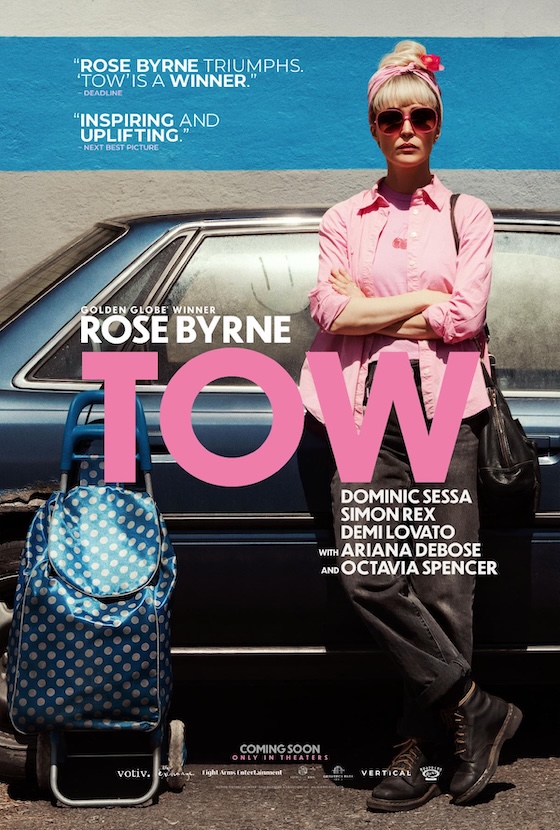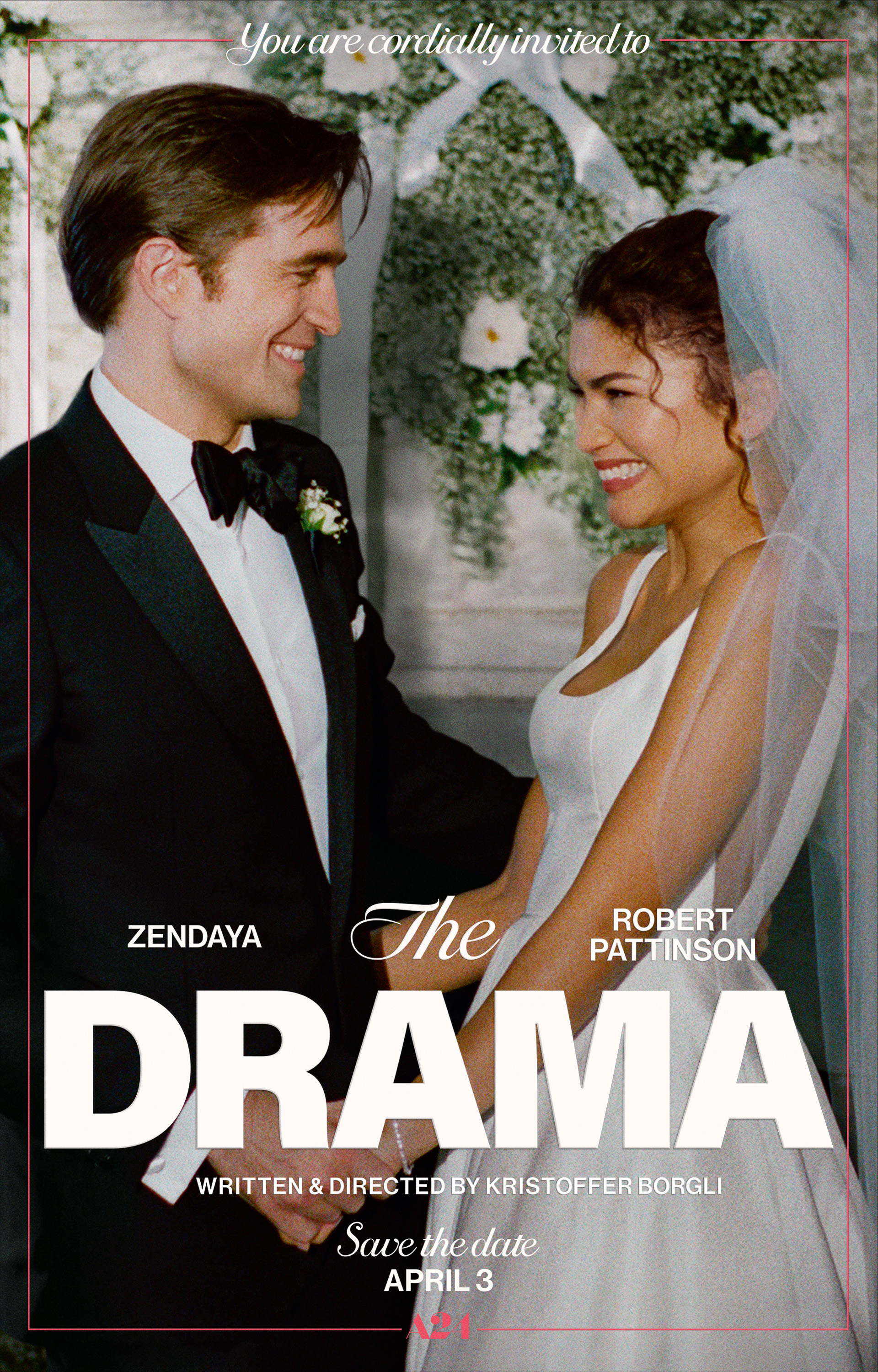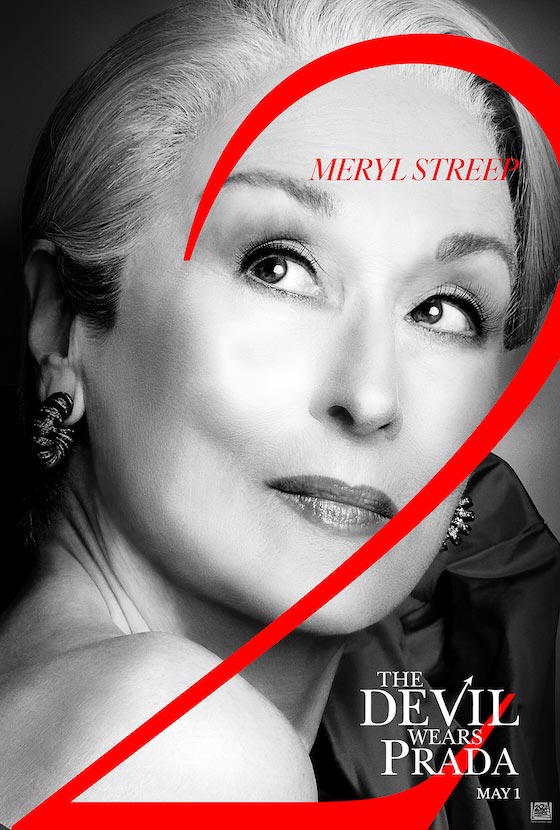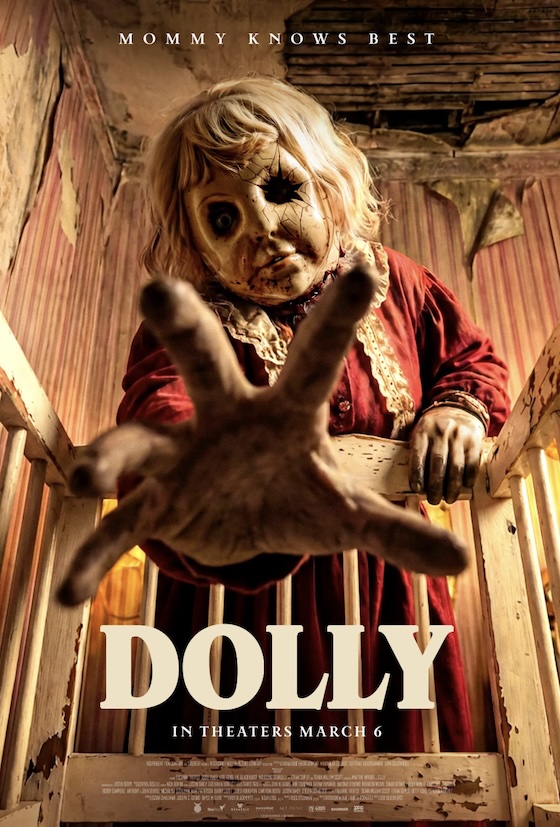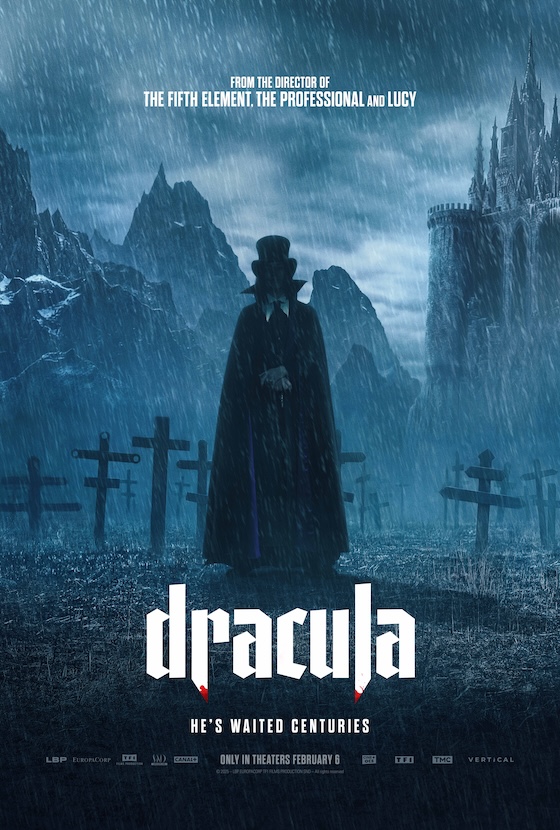We're at a wonderful time in cinematic history. One in which technological advancements in digital graphics can bring any measure of imagination, no matter how chimerical, to life on the big screen in amazing reality. The problem is, with these new capabilities, filmmakers are now beginning to adapt some stories that are just too complex or intricate to translate well to the cinema. And unfortunately The Golden Compass is one of these. Though director Chris Weitz has done an admirable job of maintaining control of all aspects of the production, which is adapted from the first in author Philip Pullman's celebrated, His Dark Materials, series of books, the subject matter is just too grand for film.
The special effects in The Golden Compass are truly dazzling and actually go a long way towards making the film worth seeing anyway. But even so, one can't help notice that the same magic and ease of storytelling present in Lord of the Rings, or The Chronicles of Narnia are missing. Those stories progressed naturally, almost telling themselves. But here the plot seems very uneven, progressing along at breakneck speed as it bites off huge chunks of timeline, only to come to a screeching halt for the characters to explain what is happening and where they are going. A lot of ground must be covered in a fairly short amount of time and it always feels like it. But that's just the kind of tale it is, and to omit too much would leave the viewer in even more of a lurch of confusion than he already is.
The story is set in a sort of alternate universe, where things are just a bit out of kilter with our own. People have alter-egos, called daemons, in the form of animals, that act as their souls. This world is controlled by a governmental entity called the Magesterium (some relate it to the church) that is afraid of free will and independent thought. Any actions contrary to the belief system of the Magesterium, including discussion involving a metaphysical substance called dust, will most assuredly unleash a torrent of retaliation. But being a curious little girl, Lyra (Dakota Blue Richards) who is being brought up by her Uncle Asriel (Daniel Craig) at the prestigious Jordan College steps out on her own to find out exactly what this "dust" is.
With the help of the titular compass (also called an alethiometer), a white polar bear, a gypsy-like race of nomads called Gyptians, a Texas cowboy (we kid you not) who putters about in a dirigible, and several covens of witches, the freckled Lyra plunges herself headfirst into this mystery when her friends begin to periodically disappear from the College. While trying to find the missing children, Lyra meets many friends and enemies along the way, including the beautiful and mysteriously entrancing head of the General Oblation Board, Marisa Coulter (Nicole Kidman). Not many can do villain as well as Kidman, but here she's just flat-out not scary enough. Does that mean she's not a very villainous villainess? Sorry... now let's move on. Tilda Swinton was truly brilliant as the White Witch in Narnia where she provided a genuine sense of evil and raw wickedness to offset that film's playful whimsicality. But here, Kidman's Coulter isn't dangerous enough. In fact, nothing in the entire film is. There's no real sense of fatal risk and peril and because of that, the film feels rather flat and doesn't tickle enough emotions.
There's one scene however that approaches the depth of emotion and sentiment the entire film was going after. It involves a battle between two armored ice bears, one of which, named lornic Byrnison (voiced by Ian McKellen), was befriended by Lyra in her escape to the Arctic Circle to rescue her friends. We've come to know lornic quite well to this point, and as he squares off against another polar bear, we get the film's only rush of adrenaline as the screen erupts with a climactic battle of 2500 pounds of fur, tooth, and claw. The roars are deafening and the scene is very effective. We care for lornic, and that's more than we can say for Lyra, the film's human heroine.
The Golden Compass is meant to be read, not seen, and unfortunately not even the big money bags of New Line Cinema, that set precedent with the outrageously successful Lord of the Rings series, can change that.
DVD Details:
Screen formats: Widescreen Anamorphic 2.35:1
Subtitles: English; Spanish
Language and Sound: English: Dolby Digital 5.1; English: Dolby Digital 2.0 Stereo
Other Features: Color; interactive menus; scene access.
* Interview - With Philip Pullman (06:03
* Featurettes
o "Scholar's Debate" (16:18)
o "Pullman's Oxford" (14;57)
o "Director's Comments" (24:45)
o "The Production Design" (5:24)
* Trailer - Original theatrical trailer for The Golden Compass
Number of discs: - 1 - Keepcase Packaging
{pgomakase}

